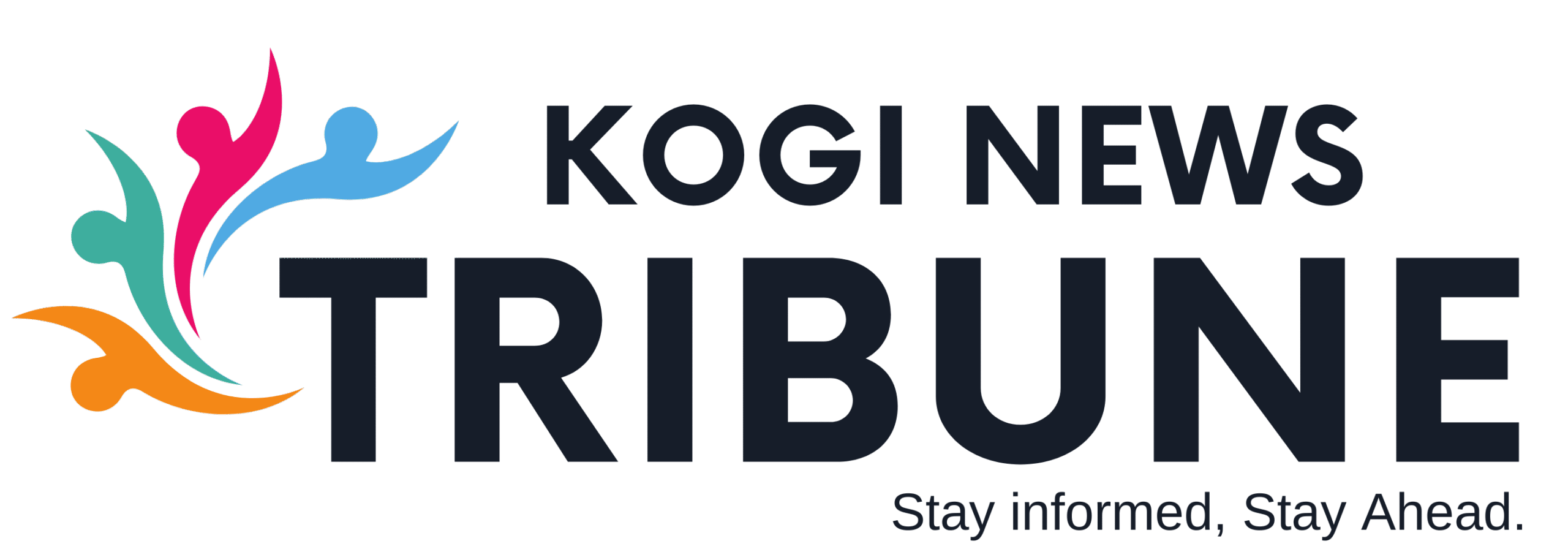Zuckerberg Once Floated Resetting Facebook Friend Networks to Revive Platform’s Relevance
Meta CEO Mark Zuckerberg once proposed a bold idea to revive Facebook’s cultural relevance: erasing everyone’s friend lists and prompting users to rebuild their networks from scratch. The proposal came to light during the Federal Trade Commission’s landmark antitrust trial against Meta, which aims to unwind the company’s acquisitions of Instagram and WhatsApp.
The idea, revealed in a 2022 internal email, was introduced as evidence during Zuckerberg’s testimony on Monday. In the message to top Meta executives, he wrote:
“Option 1. Double down on Friending. One potentially crazy idea is to consider wiping everyone’s graphs and having them start again.”
The suggestion was part of an internal discussion on how to counter Facebook’s declining relevance and user engagement. Zuckerberg floated the concept as a way to reinvigorate social connections on the platform.
However, the idea was met with concern. Tom Alison, then head of Facebook, pushed back, warning that such a drastic reset could severely disrupt key features—particularly on Instagram.
“I’m not sure Option #1 in your proposal (Double-down on Friending) would be viable given my understanding of how vital the friend use case is to IG,” Alison replied.
Zuckerberg further questioned whether Facebook could transition from a friend-based model to a follower-based one, suggesting a shift in how users interact. Though the proposal was never implemented, its emergence highlights the internal urgency at Meta to remain relevant in a fast-evolving digital landscape.
Meta’s Antitrust Battle
The FTC’s case accuses Meta of maintaining an illegal monopoly by acquiring potential rivals like Instagram and WhatsApp instead of competing with them. At the center of the case is a 2008 email from Zuckerberg, stating, “It is better to buy than compete.”
If the court rules in the FTC’s favor, Meta could be forced to divest Instagram and WhatsApp—a move that experts say could reduce its advertising revenue by up to 50%.
Meta, in response, has argued that the social media market is more competitive than ever, citing rivals like TikTok, YouTube, X (formerly Twitter), and iMessage.
“The evidence at trial will show what every 17-year-old in the world knows: Instagram, Facebook, and WhatsApp compete with Chinese-owned TikTok, YouTube, X, iMessage, and many others,” Meta said in a statement.
“Regulators should be supporting American innovation—not breaking up great American companies and handing an edge to China in key areas like AI.”
Legal analysts believe the FTC faces an uphill battle, particularly because it must prove Meta currently holds monopoly power—not just that it did at the time of the acquisitions. With the digital ecosystem having drastically changed since those deals were approved, the outcome of this high-stakes trial remains uncertain.





